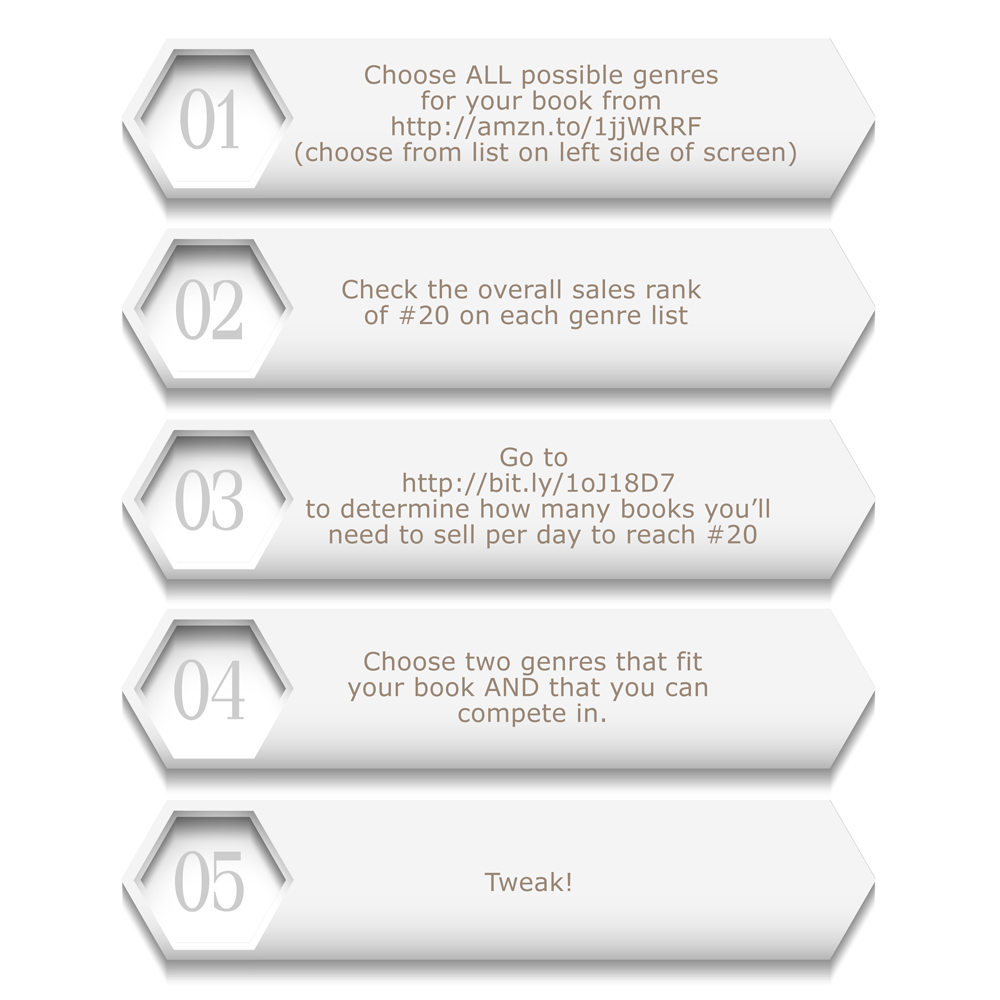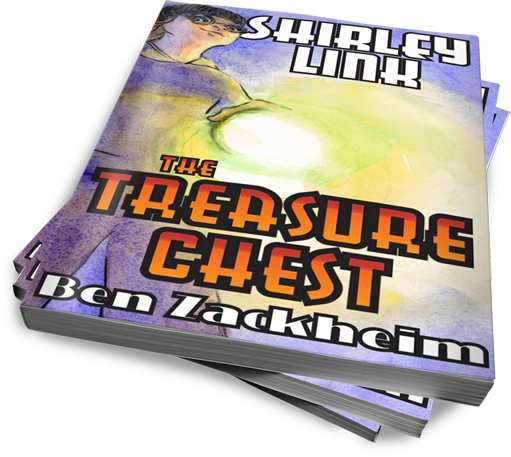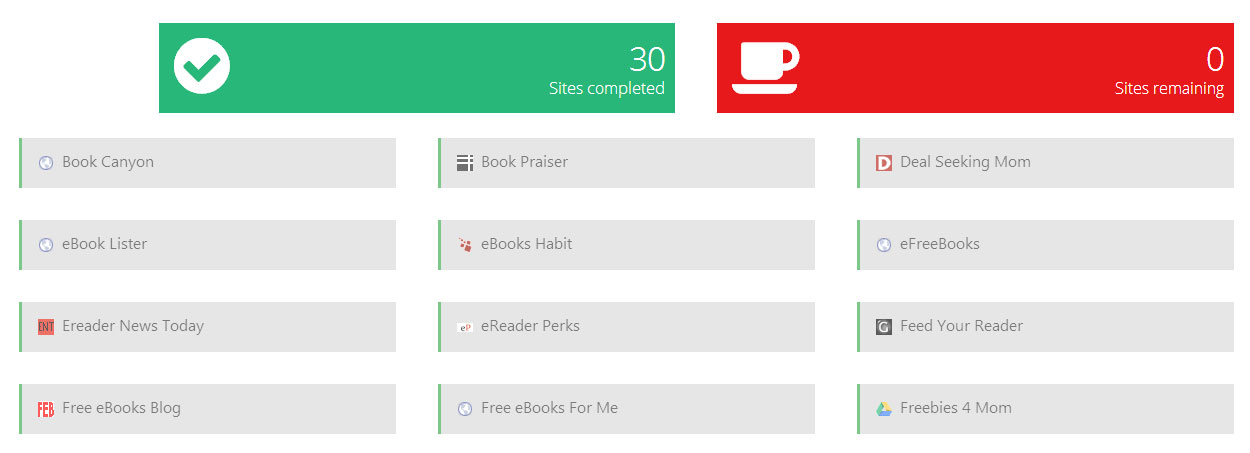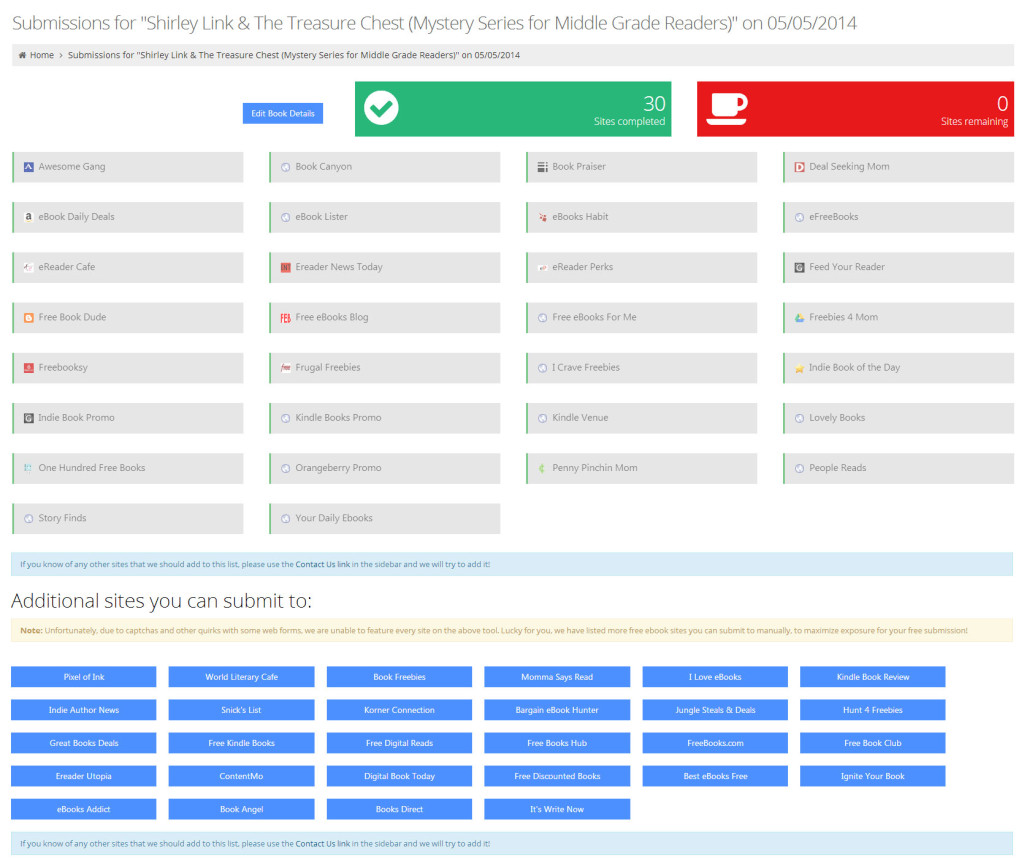
by Ben Zackheim | May 29, 2014 | Digital Identity, Writing |
NOTE: In the coming months I’m going to write about how we present ourselves online. Digital ID, as I call it, is the sum of:
After two decades of doing business online, I’ve realized that we must know who we are offline to establish the strongest Digital ID. I’ll set out to prove that thesis in my articles.
We’re all learning how to maneuver this wonderful, liberating mess together! So I look forward to hearing this community’s opinions.
—
I like the image above because it’s how I feel when I wake up in the morning and put on my marketing cap and get on Facebook. I feel like I’m immersed in a pool of people, some of us connected, some of us not, some of us wanting to be connected, some of us not. And I think it’s important to recognize that mess. I think understanding how messy things are makes it easier to understand how we feel about establishing a digital ID. And, just as importantly, what we need to do to set up our own Digital ID.
What do I mean by that?
Here’s my best explanation: I’m a strong believer in the independent storyteller’s power. Not just the power of moving people to think and act and feel, but the power to find an audience on your own that you can tell your story to.
The Slow, Agonizing, Delightful Death of the Gatekeeper
For a long time, storytellers have been ruled by gatekeepers who got to tell us, “That story is good enough and worth this much. But that one sucks and good luck!”
Those days are coming to an end.
And how do I know this?
Because I was a gatekeeper.
I told some brilliant people that their stuff wouldn’t make it in today’s market. Sometimes I was right, sometimes wrong. But the powerful emotions I felt when I saw some of them move on and do great things were undeniable.
I wasn’t regretful.
I wasn’t envious.
I was inspired.
I saw them leveraging brand new tools, online services, ways of connecting that no one had thought of. They found their audience without Viacom, ESPN, AOL, Sony and all those other places where I worked.
Those gatekeepers were wrong.
I was wrong.
For my part, I had enough confidence in my own writing talent to strike out and try this new world on for size myself.
Now, the jury is still out on whether that was a good idea. While I’m doing great, I’m not making a living wage at writing my books. But I like the trajectory and I love the process. The freedom is exhilarating.
And it’s messy. Like this post’s image.
So what does this mean for working artists?
We’re living through a fundamental shift in how people learn about us and how we learn about them. As a writer looking for an audience I know in my heart that I’ll find my readers only if I stay true to myself.
To be clear, I find the incredibly detailed tracking of people by big companies creepy. I don’t trust them with the information. The counterpoint is that most of them are sharing that data with everyone. Some charge (like FB) and some don’t (like Google). Does that make it okay? I don’t know the answer to that.
I do know that I can go online and have a universe of data on my target audience at my fingertips. If I work hard, stay true to myself and my work, I can reach them and I can make a living telling my stories. The sacrifice I make is that my interests, preferences, friends and behavior is also thrown into this messy pool of data — slicing my identity into little pieces for another artist or writer or entrepreneur to scour through and evaluate.
[Tweet "I'm a data point for someone else. And they're mine."]
It’s a fascinating, liberating, terrifying time. And I’m delighted to be a part of the mess every single day.
by Ben Zackheim | May 13, 2014 | Book Promotion, Sell your book |
Welcome to the first in a series of video tutorials!
The series will cover best practices for today’s author. I don’t want the information to be useful to one type of writer or another. I don’t care if you’re self-published, small press-backed, big publisher-backed… good info is good info. Authors are in this thing together. The more we share our common experiences, the better we’ll steer our own boats.
Let me know what you think in the comments!
by Ben Zackheim | May 12, 2014 | Book Promotion, Sell your book |

Cheat sheet. Use it once you’ve read the rest of this post!
In my last post, I covered the general rules of choosing the right genre for your book. I spoke briefly about Amazon’s categories. I’ll go into more details now.
The ground rules for Amazon categories are simple:
Every genre on Amazon gets to have its own tidy list of popular titles.
Each of these lists is often visited by fans of those genres.
Amazon scours their popularity lists for books to promote.
So how do you show up on a popular Amazon list?
Choose the right genre when you publish your book on Amazon.
Once you’ve identified which genres you belong in, you need to decide which genre is easiest for you to get in the Top 20. We’re shooting for the Top 20 because that means your book would show up on the first page of that genre’s Amazon page.
Good place to be…
After we find the easiest genre to place in, we’ll shoot for a tougher genre. Just to keep things interesting!
How to choose the right genre for your book on Amazon
Okay, let’s say we write a Mystery ebook for kids with a female detective (like oh, say, Shirley Link). Here are some of the possible categories on Amazon. I dug these up by rummaging through Amazon’s genre lists (seen on the left hand side of this page)
Kindle ebooks/Children’s ebooks/Mysteries & Detectives
Kindle ebooks/Children’s ebooks/Mysteries & Detectives/Detectives
Kindle ebooks/Children’s ebooks/Action & Adventure
Kindle ebooks/Children’s ebooks/Literature & Fiction/Beginner Readers
Kindle ebooks/Literature & Fiction/Chapter Books
Kindle ebooks/Literature & Fiction/Women’s Fiction/Mystery, Thriller & Suspense/Women Sleuths
Any of these genres would work for the book. So how do we choose which genre we can get to #20 in?
Using Theresa Ragan’s sales estimator, I get a ballpark idea of how many books I’d need to sell to crack the top 20 of each possible genre.
So the #20 book in Kindle ebooks/Children’s ebooks/Mysteries & Detectives/Detectives is Nancy Drew & The Bungalow Mystery.
But, more important to us is the book’s overall Kindle rank of 39,589 (see image below).
Checking Theresa’s sales estimator, this means the book sells between 3-15 copies per day.
Nancy Drew: The Bungalow Mystery sales rank info from the book’s product page on Amazon:

On the other hand, Kindle ebooks/Children’s ebooks/Mysteries & Detectives is a tough one. The 20th ranked book has an overall Kindle sales rank of 3,239. This means the book sells between 30-50 books per day.
Spirit Animals Book 1 sales rank info from the book’s product page on Amazon:

I think I can manage to sell 3-15 books per day, but 30-50 will take some ingenuity. If I can find a way to crack the tough Action & Adventure Top 20 list then that will mean much more exposure to more people. I’m willing to claw my way up that genre’s listings over the long haul. One good sales day could be a game changer.
Conclusion
It’s fine to choose low-popularity genres for your picks. You’re more likely to be seen by fans of those genres if you rank high! But don’t be afraid to experiment if you’re not happy with sales. Yes, it’s possible to lose sales because you’ve changed genres, but if you do it with a marketing plan to back it up then you can gain crucial customer knowledge.
If you have any questions, please ask them in the comments. Don’t forget to use the cheat sheet above. And pass it on to a writer friend.
Thanks for reading!
By Ben Zackheim
Helpful tool: Sign up for EBookTracker to get details on any book’s ranking over time. The tool won’t help you see actual sales, but it will give you insights around your favorite genre’s movers and shakers.
You might also like:
Amazon has a bridge to sell ya!
The $1.1 Million question: Is KDP Select worth it?

by Ben Zackheim | May 6, 2014 | Book Promotion, Shirley Link & The Treasure Chest |

I wanted to post a quick thank you for your support in making Shirley Link & The Treasure Chest the #1 free Kids Mystery book on Amazon! The book is highly rated with 13 reviews and 4.8 stars, so I’m sure that helped my current promotion go well. But I also have you to thank for spreading the word about my favorite detective!
If you haven’t tried Shirley yet, give her a read. The Treasure Chest is free for the rest of the day, and The Safe Case is free forever.
My favorite image of the day ;-)

Though I like this one too…

#26 overall in Kids ebooks! Nice.
Thanks again, folks.

by Ben Zackheim | Apr 23, 2014 | Book Promotion, Sell your book, Writing |
As usual, I’m at my standing desk doing squats (poorly). I’m in the throes of marketing bliss as I find ways to promote my book.
I check on the sales of my book Shirley Link & The Black Cat.
They’re dip-tastic.
Time for a promotion.
So I plan until my brain stem hurts: the right day, the right level of social sharing, the right promotional materials… You know the drill.
Now all I have to do is post my book to the book listing sites! Wheee! So let’s see. That means I get to…
… scour through my bookmarks to find sites that still exist.
… excavate the correct submission page and read through the site rules that run, on average, 4,987 words.
… enter the same information over and over until I hate my name/book title/genre/sub-genre/description…
Of course, even with all of this work, there is no guarantee that my book will actually appear on the promotional site.
Can I lick the floor instead?
So when I heard about Book Marketing Tools’ ebook submission tool I stopped doing my lame squats. Book Marketing Tools promises to let you easily promote your book on 30 of the top free/deal sites. How easy? Like one-click per site. Fifteen minutes from start to finish.
This isn’t like Authors Marketing Club’s tool where they list out the links and send you off to fill out the form to promote your book. It’s a service that promises to make the submissions easy. That’s a promise I’m delighted to take them up on.
How does the ebook submission tool work?
I headed in with high hopes and low expectations. I’ve been burned by promotional tools before.
So I was pleased to find a good-looking site that told me what it did and got me into work-mode fast. The service asks you to enter some basic data about you and your book. It’s the same info you’re usually asked to enter on the deal sites. ASIN, Title, Author, Genre, Author bio. The idea here is that you should only need to enter the data once for all 30 sites.
When you finish with that step, you get this…

See the list of sites with the light gray backdrops? Those are the ones that you can submit to automatically. All you have to do is click on the first site (Awesome Gang) and a pop-up window appears. You verify the pre-populated info and click on the ‘Next’ button.
Repeat 29 times.
Did it work? Yup. Some of the steps required an extra few seconds of data entry, but the process took only 15 minutes! Fifteen minutes to promote your book on 30 sites. Wow.
I think my favorite part was watching dozens of verification emails flood my inbox one after another.
Unfortunately, the blue-button sites at the bottom of the dashboard screen cannot be filled automatically. They act more like the AMC tool — sending you off to the correct submission pages where you do the heavy lifting. Still, it’s nice to have the list in one place.
With all of its strengths, I’d like to see the tool track two things:
1) Which of the sites under the “Additional sites you can submit to” header did I submit to already? I’d like to check it off my list once I’m done submitting manually.
2) What’s the success rate of the submissions? Did Edreader News Today show my book on promo day, or not? I’d use this service to track my progress if it had the tools.
But won’t the submission sites be angry about this new service? Not if they think it through. I discovered a bunch of sites I’d never heard of before on the dashboard. Besides, when I submit to a promo site I’m not there to browse. I want to submit my book and move on. That’s not the behavior of a valuable visitor. In my opinion, promotional sites should work with Book Marketing Tools to make things as easy as possible for us. It’s a logical way to strengthen their services and their brands.
So yes, the ebook submission tool can help you promote your book to 30 sites in 15 minutes, as advertised. If I could track details of my promotions then Book Marketing Tools could become one of my default browser tabs.
The price is $29 per book promo. That seems a little steep to me, but I might do it to save myself a couple of hours of work.
Give it a try and let us know how it works for you.
By Ben Zackheim
Disclaimer: Book Marketing Tools reached out to me and offered me a $5 credit to test their new tool. I’m posting my experience, which was a good one.








